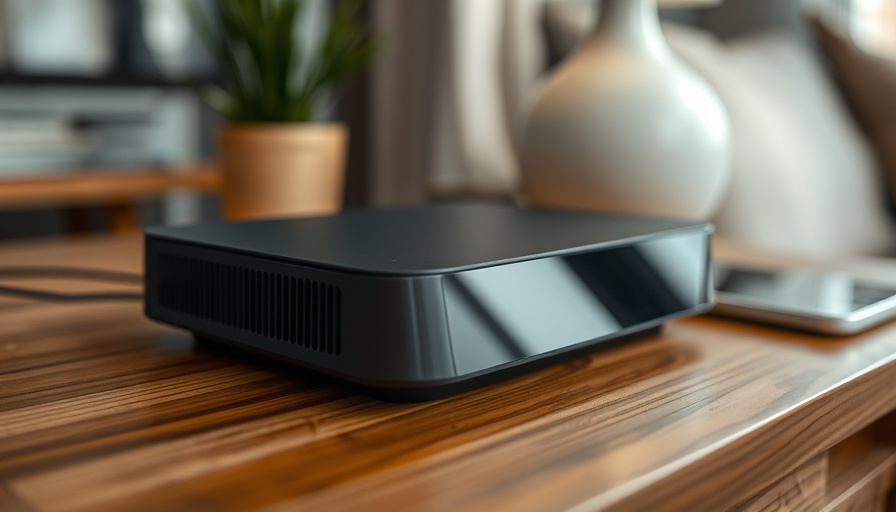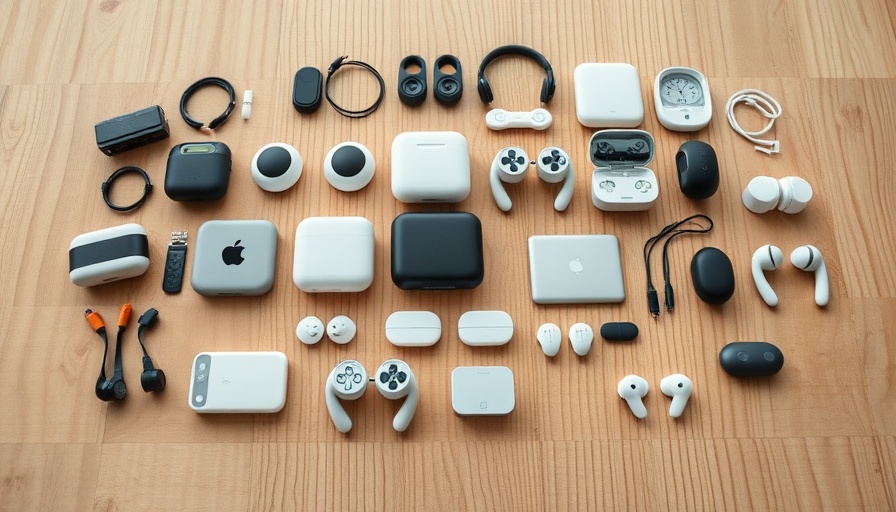
The Rise of Home Automation Systems
As our world becomes increasingly interconnected, the demand for home automation systems has surged. These systems serve as central hubs, allowing users to control various smart devices—from lighting to security systems—through a single interface. In 2025, major players like Google Home, Apple HomeKit, and Amazon Alexa lead the charge, each offering unique features designed to enhance the user experience.
Why Choose Smart Home Automation?
Smart home automation not only provides convenience but also promises a level of security and energy efficiency that traditional systems lack. For instance, automation allows users to schedule lights, monitor security cameras, and even control thermostats remotely.
Comparing the Major Players
Let’s take a closer look at the top home automation systems on the market today:
- Google Home: This platform is favored for its compatibility with a wide range of devices, making it a versatile option for users with varied smart home needs.
- Apple HomeKit: Known for its focus on security and privacy, Apple’s ecosystem integrates seamlessly with its hardware, offering a premium user experience.
- Amazon Alexa: With its extensive range of compatible devices and skills, Alexa remains a popular choice among users seeking customizability and a robust voice assistant feature.
Understanding the User Experience
When evaluating home automation systems, user experience is paramount. Systems that offer a straightforward setup process tend to have higher user satisfaction. The best systems provide intuitive interfaces, a friendly app design, and reliable customer support.
Future Trends in Home Automation
Looking ahead, we can expect further advancements in artificial intelligence integration within home automation systems. AI can learn user habits, enabling personalized experiences that adapt over time. Additionally, advancements in IoT (internet of things) technology will likely broaden the range of devices that can seamlessly connect to these systems.
Common Misconceptions about Home Automation
While many view home automation as a passing trend, the industry is here to stay, driven by innovation and consumer demand. A common myth is that smart home devices are prohibitively expensive, but as technology advances, many budget-friendly options have emerged without sacrificing quality.
Getting Started with Home Automation
For those considering a move to home automation, begin with a central hub that fits your needs, and gradually expand your ecosystem with devices that enhance your lifestyle. Furthermore, educating oneself about the compatibility of devices is vital to ensuring a truly integrated smart home platform.
Conclusion: The Smart Home Revolution
As we embrace the world of smart living, home automation systems stand out as indispensable tools that enhance convenience, security, and energy efficiency. With multiple options available, consumers need to assess their specific requirements to choose the system that truly meets their needs. The technology will only advance, making home automation an ever more pivotal component of our daily lives.
 Add Row
Add Row  Add
Add 




Write A Comment